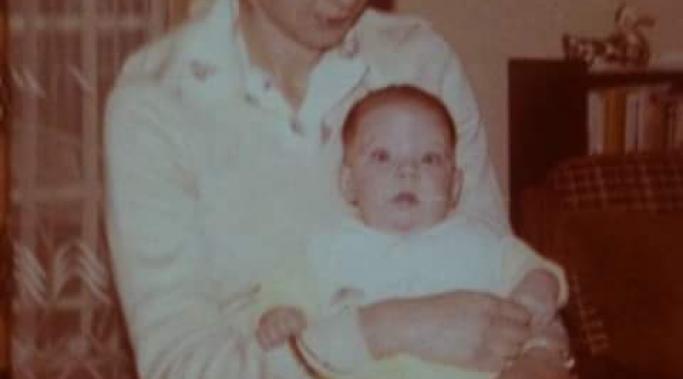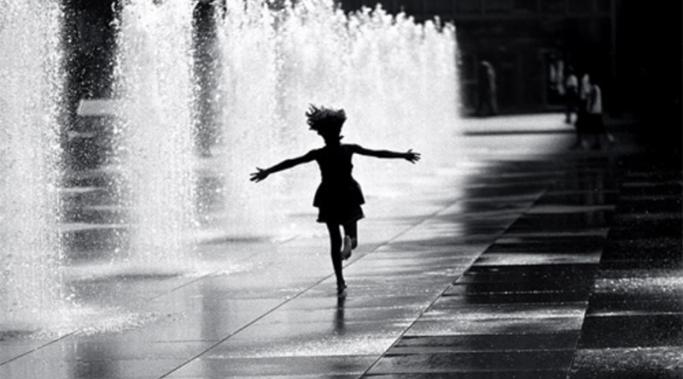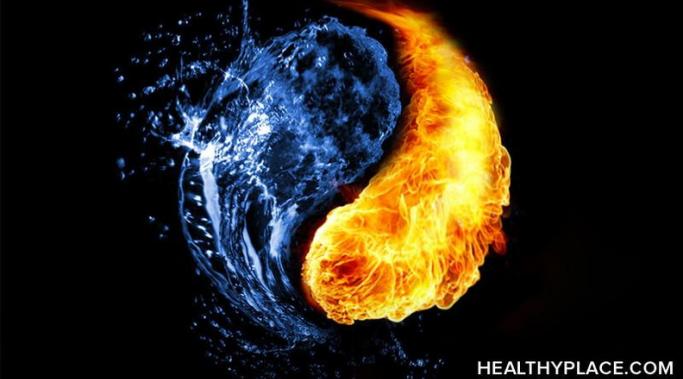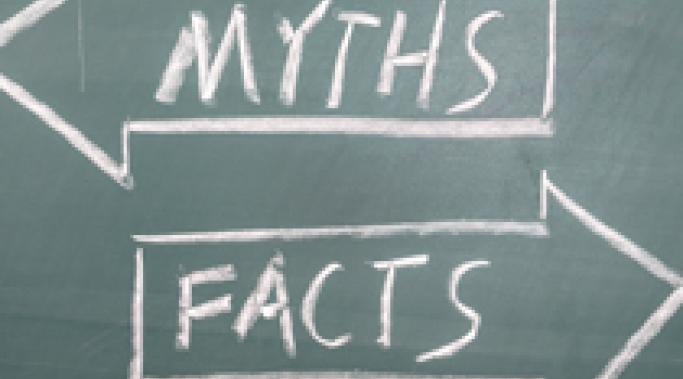Blogs
Are you ready to deal with binge eating disorder (BED)? You're learning more about it, and you have the symptoms of BED, but are you ready to deal with BED? When you have an eating disorder, coming to terms with the very fact it exists can be extremely difficult. You can be fully aware you have a problem but be unprepared for taking steps to deal with it in a practical way. You may not be ready to deal with binge eating disorder.
Many people with schizophrenia or schizoaffective disorder don’t know what to do when it comes to having children (Impact of a Parent's Mental Illness on Children). If you want to have kids, that’s wonderful. You know that having and raising them is challenging for anyone and more so if you have schizophrenia or schizoaffective disorder. I have schizoaffective disorder and no kids; here’s why.
Is fear in the way of your decision-making? Fear is, after all, the ultimate four-letter word -- more heinous than the other one beginning with the same letter. Fear, and its close cousin anxiety, can stop us in our tracks by getting in the way of decision-making. When fear and anxiety paralyze us by preventing us from making decisions, it can interfere in the quality of our lives. Good thing it's possible to break through fear's barriers, make decisions, and move forward.
It comes as no surprise that eating disorders break our hearts. One of the most important relationships we will have in our lives will be the one we have with our eating disorder. Perhaps others view our eating disorder simply as a medical diagnosis. However, most of us who’ve lived with it know that it takes on a life of its own. It becomes our closest friend and confidant, the closest relationship in our lives. It often becomes a strange triangulation and stands in the way of connection with romantic partners and friends. At its worst, the eating disorder breaks our hearts time and again. It’s no surprise why.
A suicide affect many, especially when it's a mother's death by suicide. My mother had many problems in her life. She was mentally ill and had to endure a lot of harsh judgement, embarrassment and shame in her life and, being her children, so did we. Not only was she mentally Ill, but she was also an addict and alcoholic. It was something that was never discussed or acknowledged by family members and we never shared our secret unless we really had to. My mother also died by suicide and the effects of this suicide are still felt a decade later.
When it's possible, knowing how to fix a mistake is a good thing to understand. You made a mistake; you said or did something that you regret. Luckily, you can course correct in life when you’ve veered off track. Here are some suggestions for how to do it. Here's how to fix a mistake.
Coping skills for borderlines experiencing extreme emotions are critical to develop. Highly intense, emotional reactions are one of the dominant features of borderline personality disorder (BPD). How can we return to ourselves when we're caught in an emotional whirlwind? What coping skills can be we learn for dealing with extreme emotions?
Mindfulness doesn’t help my bipolar disorder. I’m sorry; I know advocates aren’t supposed to say that kind of thing. I know we’re all supposed to get behind the new, fashionable therapies and tell everyone to do them (but heaven forbid we do the same with psychiatry) but this is one that I think has some major holes in it, particularly for people with serious mental illness. Please understand, mindfulness as a therapy might work for you but here’s why mindfulness doesn’t help my bipolar disorder at all.
There are common transgender myths people believe. With recent events thrusting transgendered individuals into the spotlight, my Facebook page has lit up with comments on the subject. A common thread of the transphobic posts is based on common transgender myths people believe. Here are three of the most common transgender myths people believe.
Withdrawal symptoms from stimulants, marijuana and hallucinogens is not considered directly life-threatening by the medical community. However, the withdrawal symptoms can still be dangerous, as can the behavior associated with the withdrawal symptoms of stimulants, marijuana and hallucinogens.










I believe she will only be able to rid herself of her demons, and hopefully her BPD as well, when she's ready to confront the abuse of her father. If she can put the blame where it belongs, she may stop projecting that victim/perpetrator cycle on the present men in her life. These demons are a metaphor for the purgatory she has created for herself. That reality has consequences in the real world, but it need not be real in the tangible sense. Exorcising her demons will require the expenditure of real physical energy and probably the destruction of aspects of her personality. If this ever happens, and it's possible but not probable, then these demons will evaporate. They are only as real as one's personality is real. In short, reality is not the question, it's what you make of the things you feel to be real.